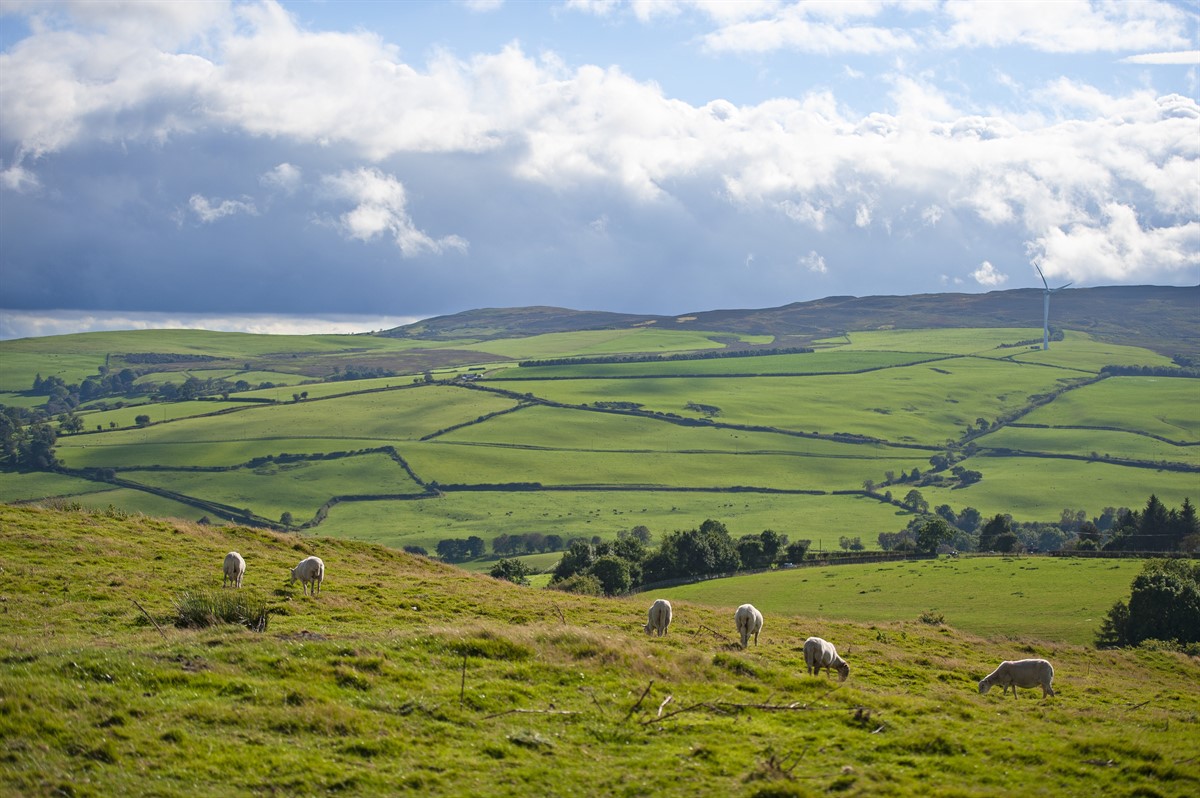The proposals, set out in the NRW consultation which closed on 7 January 2023, put forward increases across a number of charging regimes relating to agriculture which will come into effect from April 2023.
The proposals
- A 10-fold increase in the cost of new applications for land spreading of spent or unused sheep dip to £3,728.
- An increase from £135 to £6,327 to the cost of new licences for abstraction/impoundment of water.
- An end to the tiered charging approach for hydro-electric power applications.
NRW has also consulted on an hourly rate of £125/hour for pre-application advice and a 6% increase for the annual fees it charges to recover the costs of monitoring and assessing compliance with permit conditions.
Industry dismay
Commenting on NRW proposals, NFU Cymru Rural Affairs Board Chairman Hedd Pugh said: “In the context of the very significant inflationary pressures faced by farm businesses for key inputs such as energy, feed and fertiliser, the industry is dismayed at NRW’s proposals.
“While we understand that NRW has a duty to recover costs and is unable to cross subsidise various charging regimes, farmers will be astonished at the scale of the proposed cost increases, which are excessive and prohibitive to many farm businesses in Wales.
Transparency
“NFU Cymru has substantial concerns about the level of transparency shown by NRW in how it has calculated the proposed increases. The union has stressed in its response that the onus is on NRW to show that the costs are fair, proportionate and competitive and the regulatory body is doing everything it can to keep the costs to a minimum and deliver value for money.
“NFU Cymru is extremely concerned that the proposals, as they stand, will have serious unintended consequences and perverse impacts. They work against Welsh Government overarching policy objectives including net zero, a circular economy and animal health and welfare and will deter the adoption of enterprises, technologies and practices that deliver wider environmental and socio-economic benefits on Welsh farms.
Solutions
“There can be no doubt that NRW’s proposals to increase the costs for sheep dip disposal 10 times will hinder efforts to eradicate sheep scab, which has been identified by the Wales Animal Health and Welfare Framework Group as a long-standing priority. It seems perverse to us that NRW has brought forward these proposals taking into account that sheep dipping is the key tool in the armoury against the disease and given Welsh Government’s recent investment in a project aimed at sheep scab eradication.
“NFU Cymru is keen to identify and develop solutions that enable NRW to keep its costs to farmers under control. We are also clear there are strong arguments for the use of waivers and reductions in fees where permits and licences support practices that deliver wider environmental and socio-economic benefits.”
